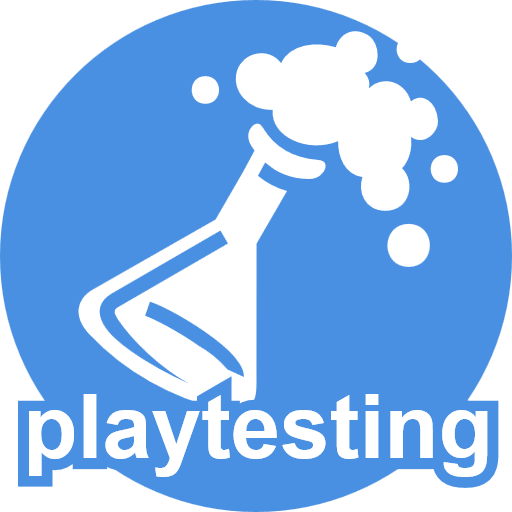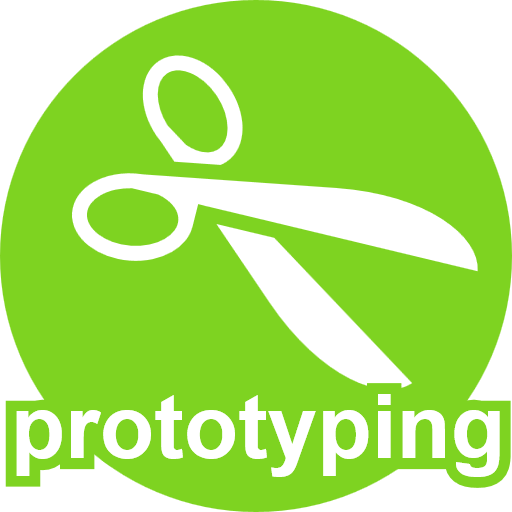The Publishers: Q&A With Michael Coe of Gamelyn Games
/In this installment of The Publishers, we speak with Michael Coe of Gamelyn Games about building a franchise, going full-time as a publisher, popular themes and more.
The Tiny Epic series of games has become something of a calling card for Gamelyn Games. How did you settle on this, and what goes into identifying a potential franchise in the gaming industry?
I fell in love… with Tiny Epic. Initially with Tiny Epic Kingdoms, but I quickly saw that there was more to explore there. That Tiny Epic wasn’t just a great name but also a platform. It can expand along an "X" axis with new titles varying greatly in theme and mechanics, and then each game within the series can expand along a "Y" axis with new content. All while staying true to the mantra of “Tiny Epic.” That was very attractive to me as a game producer. I also felt, and recognized in gamers, a desire for short (30-to-60 minute) meaningful games and a lack of said games in the market. And, as a small business, it makes a lot of sense to produce small games. ;)
It was a magical phone call with the designer of Tiny Epic Kingdoms, Scott Almes, that set it all in motion. He didn’t just share my vision, he was simultaneously originating the same aspirations before I called. We both knew at that time that it was inevitable; we were going to make the best series of short meaningful games ever, or die trying!
Tiny Epic Kingdoms
You work on Gamelyn full-time, and the company has its first employee, Nathan Hatfield. What has it taken to reach these milestones, and what have you learned about the process of growing a publishing company?
It has taken a lot to get here, and yet we’ve only just begun. To start, it took three years of investing time and effort as if working an every-time job for free; while still making a living at a full-time job. You know, there’s part-time jobs, full-time jobs… and every-time jobs. Meaning every time you have any time, you’re working. After three years, I was able to begin taking a salary. At 3.5 years I was able to hire my best friend.
It has taken a lot of networking. Attending conventions on my dime to meet manufactures, distributors, sales reps, game reviewers, play testers, etc.
It has also taken genuine talent, and therefore many talent searches. I constantly feel like the director of a talent agency, actually. Without the remarkable writings of Scott Almes, and the beautiful art from all the artists who’ve contributed to the series, namely Bill Bricker, Darrell Louder, Ben Shulman and Adam McIver, I’d still be managing a restaurant.
Additionally, a lot of effort has been spent on understanding tax procedures, legalities, royalties, licenses, etc.
Building a publishing company has taught me many things, too many to list, but I will say this: You are only as good as your latest work. So keep refining your process, find ways to improve, don’t settle for average, never say yes to the first offer, and never say never.
Dungeon Heroes
Gamelyn's catalog has a strong emphasis on fantasy-themed games, though your upcoming titles display a wider range of themes. How important is theme to Gamelyn specifically, and to games more generally?
Personally, I’m a sucker for fantasy themes. That’s why you see as much of it as you do in Gamelyn Games. I have to be really passionate about something to publish it, and fantasy seems to get me there a little easier. That’s not to say that other themes don’t excite me, and regardless of theme, a great game engine trumps it all.
A lot of what I just said also applies to gamers and the games they buy. If someone has a preferred theme, and clearly most people do and it is either sci-fi or fantasy, they are more inclined to buy games of that theme, as they trust it will be easier for them to get in the spirit of the game. While they may be intrigued by other, more niche, themes, it’s just not as immersive to them unless the game is exceptionally well-written. Hence it’s a riskier buy. Hence sci-fi and fantasy games continue to sell like hotcakes and niche-themed games tend to struggle. But the gaming world would be quite boring without niche-themed games, so Jan. 11, 2016, we launched a Kickstarter for the impeccably well-written Tiny Epic Western!
Cardboard Edison is supported by our patrons on Patreon.
SENIOR INVENTORS: Steven Cole, John du Bois, Richard Durham, Matthew O’Malley, Isaias Vallejo
JUNIOR INVENTORS: Stephen B Davies, Luis Lara, Behrooz Shahriari, Aidan Short, Jay Treat
ASSOCIATES: Robert Booth, Doug Levandowski, Aaron Lim, Nathan Miller, Marcel Perro
APPRENTICES: Kevin Brusky, Kiva Fecteau, Scott Gottreu, Michael Gray, JR Honeycutt, Scott Martel Jr., Marcus Ross, Diane Sauer















